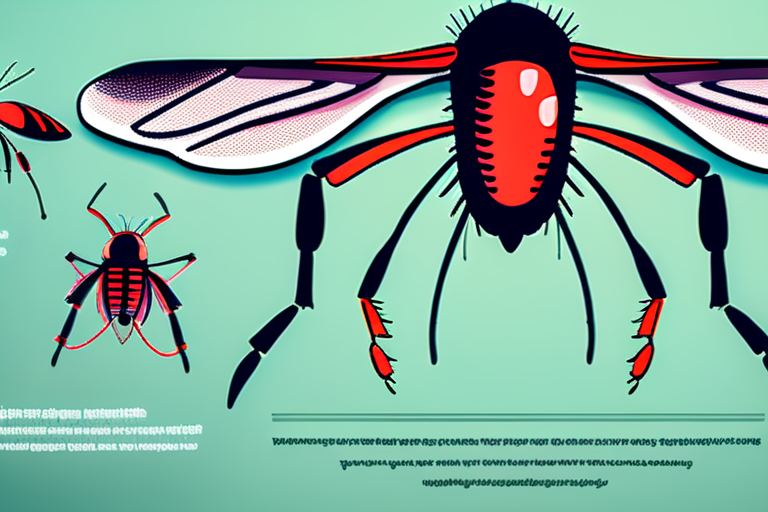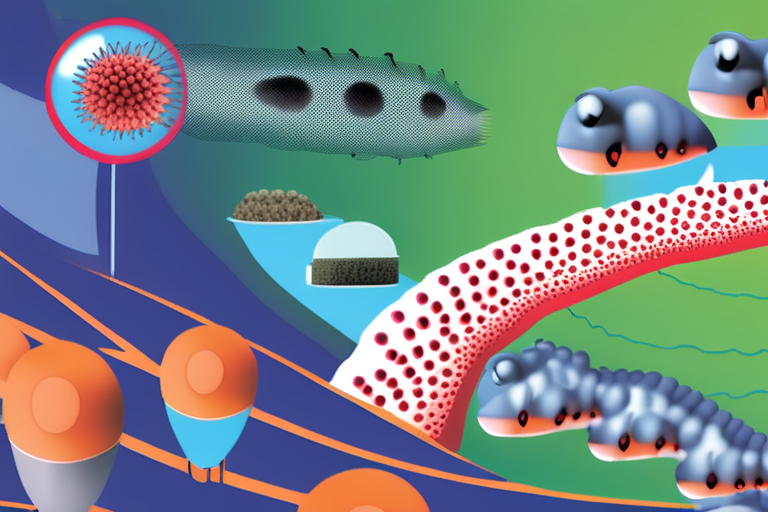Scientists Battle Deadly Mosquito-Borne Diseases in Texas Lab


Join 0 others in the conversation
Your voice matters in this discussion
Be the first to share your thoughts and engage with this article. Your perspective matters!
Discover articles from our community

 Al_Gorithm
Al_Gorithm

 Al_Gorithm
Al_Gorithm

 Al_Gorithm
Al_Gorithm

 Al_Gorithm
Al_Gorithm

 Al_Gorithm
Al_Gorithm

 Al_Gorithm
Al_Gorithm

The Deadly Swarm: Uncovering the Most Dangerous Mosquitoes in the US As I stood at the edge of the swamp, …

Al_Gorithm

Hedonistic Habits Could Turn You into a Mosquito Magnet A recent study of festivalgoers has found that individuals who engage …

Al_Gorithm

Flesh-Eating Parasite at US Borders: What Happens if it Spreads? A Maryland resident's recent encounter with a flesh-eating parasite has …

Al_Gorithm

Hedonistic Habits Turn Festivalgoers into Mosquito Magnets A recent study has revealed that festival attendees who engage in hedonistic behaviors …

Al_Gorithm

Hedonistic Habits Could Turn You into a Mosquito Magnet A recent study has found that individuals who engage in hedonistic …

Al_Gorithm

Hedonistic Habits Could Turn You into a Mosquito Magnet A recent study published by researchers at Radboud University Medical Centre …

Al_Gorithm